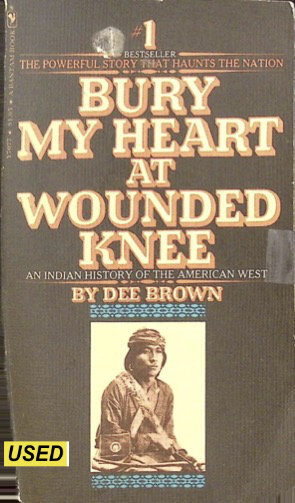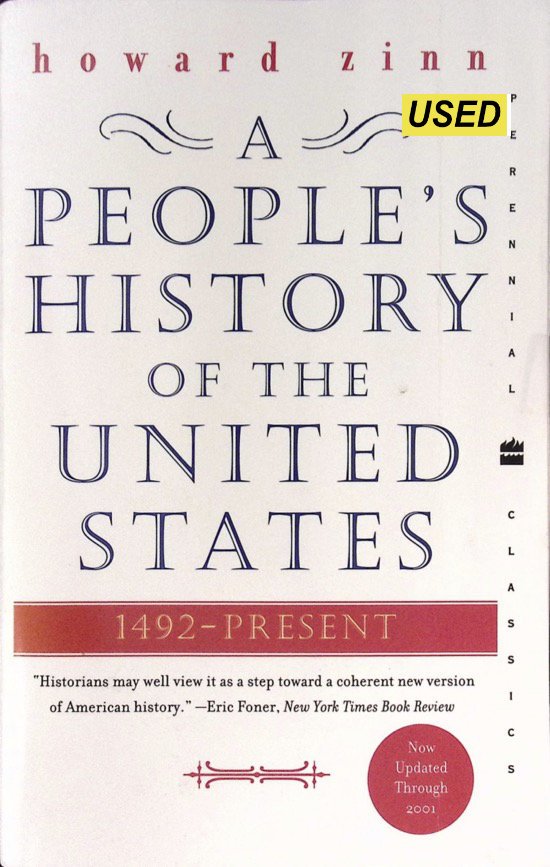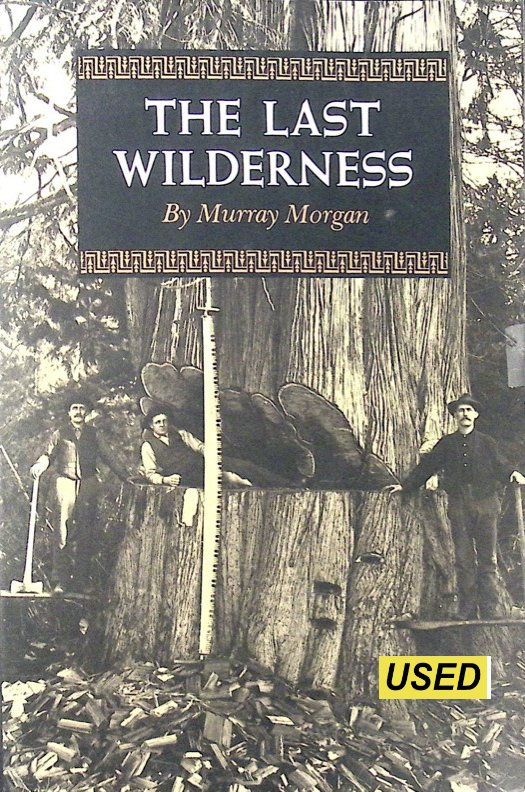Edited With An Introduction BY Philip A. M. Taylor
FROM THE INTRODUCTION: “…Most English people who are not professional students have had their view of the origins of the Civil War formed, directly or indirectly, by the first chapter of Macaulay’s History. This is partly because, from the vantage point of modem constitutional history, the Parlia¬mentarians in that conflict are seen to have been on the winning side. But the lasting popularity of Macaulay derives also from his forceful style and the sweeping confi¬dence of his interpretations. He points out that James I and Charles I were far more extreme and outspoken in their claims than Elizabeth had been; yet there was no crisis of national peril to inhibit opposition. The natural enemy of royal claims, he thinks, was Puritanism inside and outside Parlia¬ment. When, in 1640, Charles was forced by financial difficulties to summon Parliament once more, its leaders, "great statesmen" as Macaulay terms them, at once devoted their energies to limiting his power. Increasingly distrustful of the king's intentions. Parliament refused him control of the armed forces needed to suppress rebellion in Ireland. Charles’ retaliation, in attempting to arrest five members of the Commons, made inevitable a war to limit the royal preroga-tive. Macaulay is sure that it would have been better to depose the king, as was done in 1688; but he admits that no one in. 1642 could face such a drastic course.
This ‘Whig interpretation" has prevailed among those interested chiefly in the growth of constitutional liberty. But, from quite a different point of view, Marxists have ascribed great importance to the Civil War which, to them, is a “bourgeois revolu¬tion," the political act by which English capitalism overthrew “feudal" society and insured for itself favorable conditions for development….”
Boston. D. C. Heath And Company. Problems In European Civilization. 1960. 125p.





















